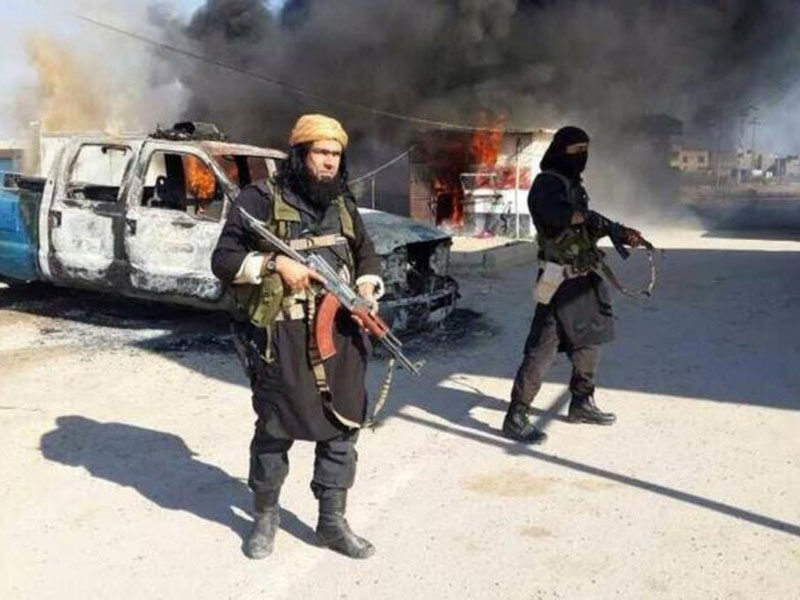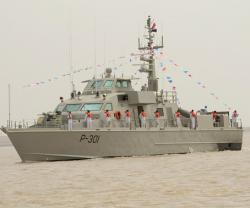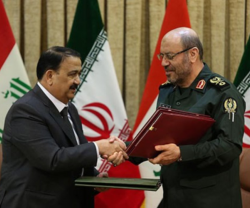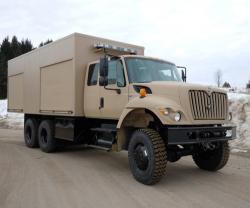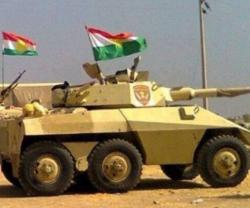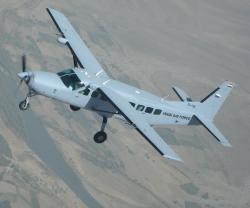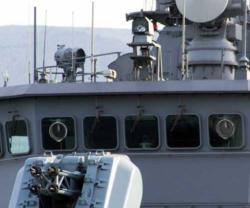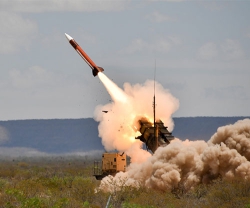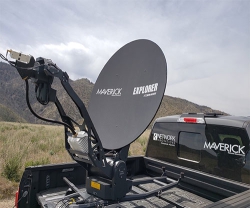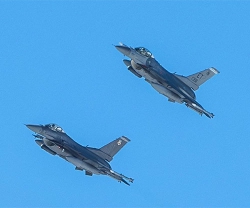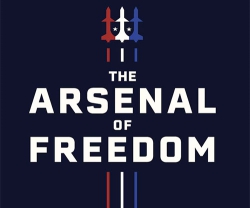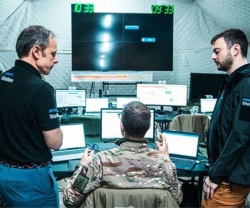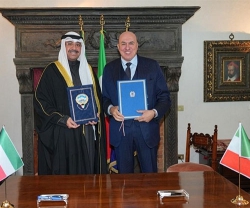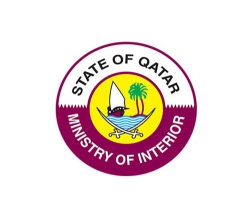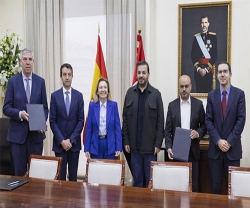Radical Sunni Muslim insurgents seized control of most of Iraq's second largest city of Mosul early Tuesday, overrunning a military base and freeing hundreds of prisoners in a spectacular strike against the Shi'ite-led Iraqi government.
The capture of Mosul by the Islamic State of Iraq and the Levant (ISIL) - an offshoot of Al Qaeda - and its allies followed four days of fierce fighting in Mosul and other cities and towns in northern Iraq.
The fall of Mosul deals a serious blow to Baghdad's efforts to fight Sunni militants who have regained ground and momentum in Iraq over the past year and pushed into Mosul last week.
Across the border in Syria, embroiled in three years of civil war between President Bashar Al-Assad and rebels seeking to oust him, ISIL fighters have seized control of swathes of eastern territory close to the Iraqi border.
ISIL militants from Iraq have joined the battle in Syria along with other foreign fighters. The jihadi group is seeking to establish an Islamist state by connecting territory it controls in western Iraq and eastern Syria.
Police, military and security officials told Reuters the insurgents, armed with anti-aircraft weapons and rocket-propelled grenades, had taken over almost all police and army checkpoints in and around the Mosul.
“We have lost Mosul this morning. Army and Police Forces left their positions and ISIL terrorists are in full control. It's a total collapse for the Security Forces,” said an Army Colonel at the local military command.
Two Iraqi Army Officers said Security Forces had received orders to leave the city after militants captured the Ghizlani Army Base in southern Mosul and set more than 200 prisoners free from a high security jail.
Two police sources and a local government official said the ISIL militants had also stormed a jail, allowing more than 1,000 prisoners to escape, which they identified as belonging mostly to ISIL and al Qaeda.
Thousands of families were fleeing the city towards the autonomous Kurdish region, which shares a border with Nineveh province, of which Mosul is the capital.
Several army officers said Iraqi forces were demoralized and do not have the fighting stamina of ISIL fighters.
Iraq's Prime Minister Nuri al-Maliki has asked Parliament to declare a state of emergency while Iraq's Oil Minister Abdul Kareem Luaibi said that any state of emergency would not have an impact on the country's oil exports.
Source: Reuters; Photo: AFP

